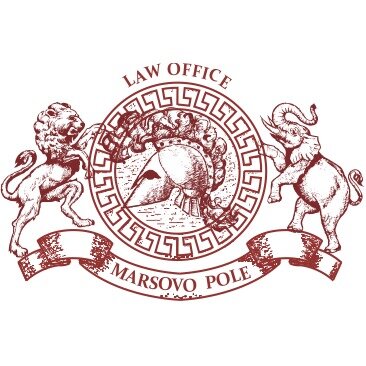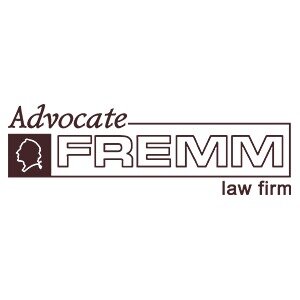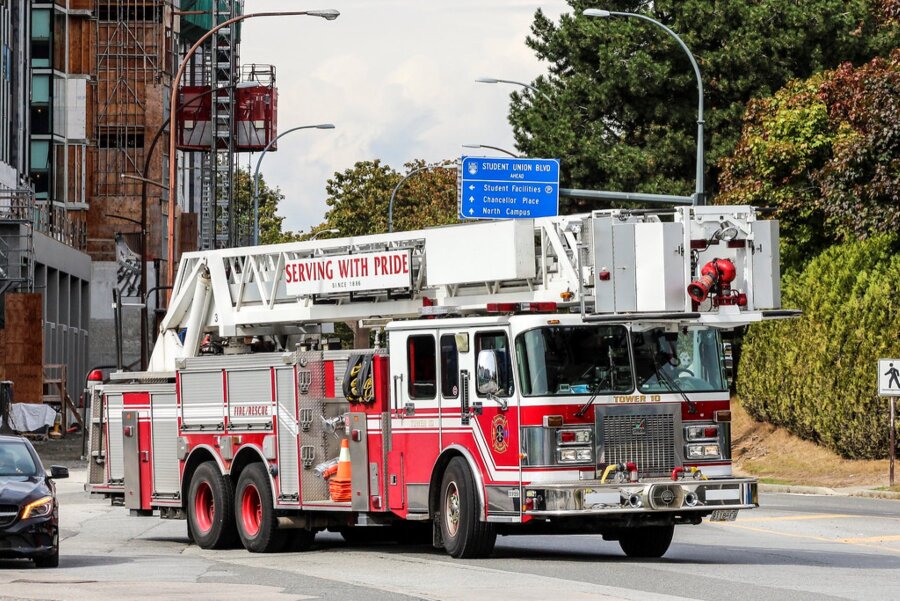
Best Child Abuse Lawyers in St Petersburg
Share your needs with us, get contacted by law firms.
Free. Takes 2 min.
List of the best lawyers in St Petersburg, Russia


EPAM Law Firm

Marsovo Pole

Petersburg Legal Center LLC

Bespalov, Stogov and Partners

Advocate FREMM
About Child Abuse Law in St Petersburg, Russia
Child abuse law in St Petersburg, Russia, falls under the broader framework of the Russian legal system that aims to protect minors from all forms of physical, sexual, emotional abuse, and neglect. This area of law is intricate and interwoven with family law, criminal law, and child protective legislation. The Russian government is a signatory to the UN Convention on the Rights of the Child, and accordingly, has integrated international standards of child protection into its national laws.
Why You May Need a Lawyer
Individuals may require legal help in cases of child abuse for a variety of reasons. Some of the most common situations include navigating the complexities of reporting abuse, understanding the rights of the child and the family, dealing with custody issues following accusations of abuse, seeking protective orders, or if facing false accusations of child maltreatment. Lawyers specializing in child abuse cases can provide essential guidance and representation throughout any legal processes.
Local Laws Overview
The key aspects of local laws that are particularly relevant to child abuse in St Petersburg, Russia, include the Criminal Code of the Russian Federation, the Family Code, and federal laws specifically designed to protect children's rights. These laws provide definitions for different types of abuse, specify the obligations of individuals and entities to report suspected abuse, outline the procedures for government intervention in cases of child maltreatment, and establish the penalties for perpetrators of child abuse. Criminal responsibility for child abuse can include lengthy prison sentences, depending on the nature and severity of the abuse.
Frequently Asked Questions
1. What constitutes child abuse in Russia?
Child abuse in Russia includes physical, emotional, sexual abuse, and neglect. It can also involve exploitation or exposing the child to domestic violence.
2. Who is legally obligated to report child abuse in St Petersburg?
Educators, healthcare professionals, social service workers, and other individuals who work with children are commonly required to report any suspected cases of child abuse.
3. What are the penalties for child abuse in Russia?
The penalties for child abuse can vary widely, but they may include fines, mandatory counseling, community service, and imprisonment.
4. How can I report suspected child abuse?
Suspected child abuse can be reported to local authorities, such as the police or child protective services, or specialized agencies dealing with children's rights.
5. What happens after a child abuse report is filed?
After a report is filed, authorities are obligated to investigate the claim. This may involve home visits, interviews, and coordination with other service providers.
6. Can a parent lose custody for child abuse?
Yes, a court can remove a child from the parent's care if it determines that the abuse occurred and the child is at risk.
7. Are there any protective measures for abused children?
There are various protective measures, including restraining orders against the abuser and placing the child in a protective environment.
8. Will the child need to testify in court?
It depends on the circumstances; however, the legal system tries to minimize the stress for the child, sometimes using recorded testimonies or allowing testimony via video link.
9. Is emotional abuse treated as seriously as physical abuse?
Yes, emotional abuse is recognized as harmful to a child's development and is taken seriously by Russian law.
10. Can I anonymously report child abuse?
While anonymous reports may be accepted, providing your contact information can assist in the investigation and help protect the child more effectively.
Additional Resources
Individuals in need of help or information regarding child abuse can turn to a number of resources in St Petersburg. The Russian children's rights ombudsman operates a hotline for reporting abuse and providing consultation. Additionally, local NGOs, advocacy groups, and shelters may offer support, counseling, and legal advice for those affected by child abuse.
Next Steps
If you are seeking legal assistance in a child abuse case, your first step should be to consult with a lawyer specializing in family law or criminal law with experience in child protection cases. It is important to act quickly to ensure the safety and well-being of the child. Gather any evidence you have of the abuse and be prepared to provide detailed information to your legal counsel. The confidentiality and sensitivity of such matters are paramount, and professional legal support can be invaluable in navigating this challenging process.
The information provided on this page is intended for informational purposes only and should not be construed as legal advice. While we strive to present accurate and up-to-date information, we cannot guarantee the accuracy, completeness, or currentness of the content. Laws and regulations can change frequently, and interpretations of the law can vary. Therefore, you should consult with qualified legal professionals for specific advice tailored to your situation. We disclaim all liability for actions you take or fail to take based on any content on this page. If you find any information to be incorrect or outdated, please contact us, and we will make efforts to rectify it.


